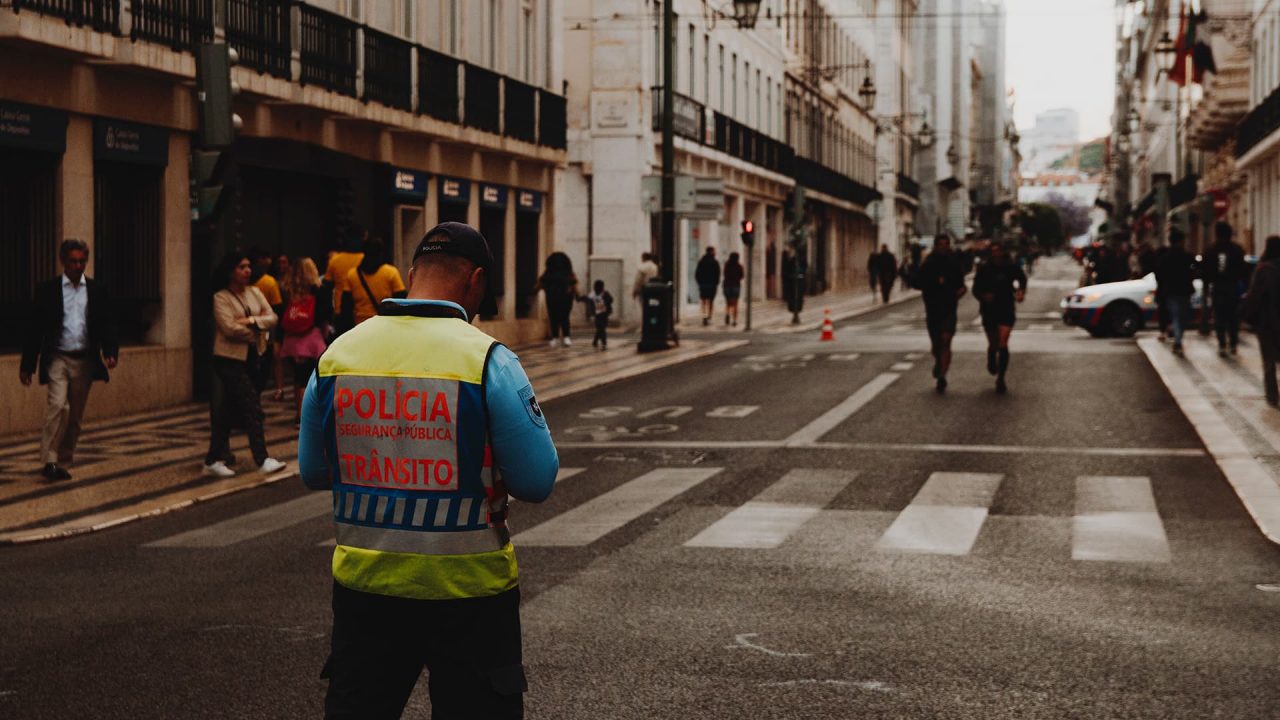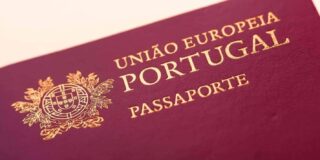It is always exciting to visit a new country. Less exciting when you find yourself in a jail cell one night because you’ve been caught smoking hash on the street. Now you won’t find yourself stuck in a jail cell crying home to your parents if you are found smoking hash in Portugal but, it is worth knowing what the laws are when visiting this country.
What is legal and illegal in Portugal?
We’ll discuss the rules surrounding drug use, alcohol, gun laws, hunting, wild camping, abortion, sex, gay marriage, drones, prostitution and casinos in Portugal.
Can you take drugs in Portugal?
Basically, yes. In 2001, Portugal became the first European country to decriminalise the possession of drugs. Since then, anyone can carry up to 10 doses of any drug on their person, from hashish to MDMA (ecstacy), cocaine and even heroin. These substances are still prohibited but the consumption is not. The law was introduced in response to a series of deaths caused by overdoses in the 80s and 90s. Drug-related crimes and deaths have since decreased.
Do you have the right to bear arms in Portugal?
Yes. Portuguese citizens can own firearms for hunting, target shooting, pest control and collecting. Self-defense is not considered a legal reason for owning a firearm. Legally, only licensed gun owners can lawfully acquire, possess or transfer a firearm or ammunition. To gain a gun license in Portugal, one must be over 18 years old and pass a background check, which considers criminal and mental health records. Lisbon is the region with the most gun licences, followed by Faro, Santarém, Setúbal, and Porto. Currently, there are approximately 2.6 million guns in Portugal, half of which are in fact, illegal. This is enough for one in every four people in Portugal to own a gun.
Can you hunt animals in Portugal?
Sometimes. It is legal to hunt some species in Portugal such as red deer, fallow deer, roe deer, mouflon, wild boar and quail but, you need to have a licence. The most popular regions in Portugal for hunting are Alentejo and Ribatejo where a “Monteria” takes place each year with dogs and horses. Monteria is a drive hunt that takes place in fenced hunting grounds. It is a traditional style of hunt where hunters have their stand while beaters and dogs push the animals towards the hunters.
Can you camp in the wild in Portugal?
Kind of. Portugal is considered one of the best countries in western Europe for free camping. Free camping is when you camp somewhere that is not a registered campsite. There are lots of places in Portugal where it is possible to free camp either by the beach or further inland. The Portuguese have officially banned free camping in the Algarve but, outside of the summer months, the police do tolerate it. You should, of course, respect private property and places that are clearly signposted to indicate that camping is not allowed.
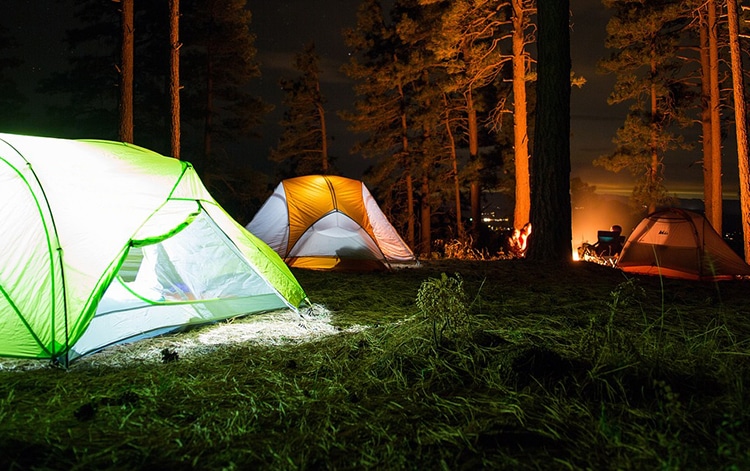
Can women legally get an abortion in Portugal?
Yes. Abortion laws in Portugal were liberalised on 10 April 2007 allowing the procedure to be completed on-demand if a woman’s pregnancy had not exceeded its tenth week. Abortions at later stages are allowed for certain reasons, such as risk to a woman’s health, rape and other sexual crimes or a foetal malformation. The restrictions become stricter at 12, 16, and 24 weeks. Many doctors, however, still refuse to perform abortions as Portugal’s Catholic traditions still have a significant influence. In 2016, the Portuguese parliament reversed a law that instituted mandatory counselling and medical payments for women seeking an abortion through the public health service.
What is the legal age to have sex in Portugal?
The age of consent or the minimum age at which an individual is considered legally old enough to consent to sexual participation in Portugal is 14 years old. Portugal’s statutory rape law is violated when an individual has consensual sexual contact with a person under the age of 14. It is also illegal to perform sexual acts with a minor between 14 and 16 when taking advantage of their inexperience. Portugal does not have a ‘close-in-age’ exemption to the age of consent laws. This means that it is possible for two people under the age of 14, who willingly engage in intercourse, to both be prosecuted for statutory rape. Likewise, if one participant is 13 years old and the other is 14 or 15.
Is gay marriage legal in Portugal?
Yes, it is, although it wasn’t for a time. Same-sex sexual activity was made a crime in 1954. This law lasted more than 20 years, under the dictatorship regime that ruled Portugal. In 1983, gay sexual activity was finally decriminalised. Same-sex marriage was legalised in 2010, granting all homosexual couples the same rights as heterosexual couples, except for adoption. In 2016, Portuguese law amended the adoption law, allowing same-sex couples to adopt children. Today, there is a dynamic gay scene in Lisbon, Porto, and in the main touristic cities in the Algarve region, such as Faro, Lagos, Albufeira and Tavira with many gay bars, nightclubs and even beaches.
Can you fly a drone in Portugal?
Yes. Flying a drone is legal according to the National Civil Aviation Authority. However, if you are planning to fly a drone in Portugal, we recommend being aware of international drone regulations before doing so.
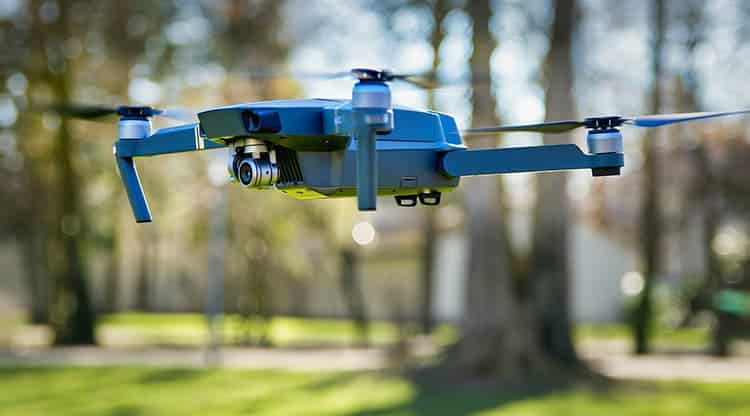
Is prostitution legal in Portugal?
Yes. The act of prostitution is legal in Portugal, but organised prostitution is not. This means that it is illegal for a third party to profit from, promote, encourage or facilitate the prostitution of another. In Portugal, prostitution occurs in various settings such as in massage parlours guaranteeing a ‘happy ending’, in bars and in clubs. Street prostitution occurs when the prostitute solicits customers while waiting at street corners or walking along a street. “Unofficial” brothels also exist which are establishments dedicated to prostitution but, disguised as discos, hostels or restaurants. There are many other forms of prostitution too including escort services and what is advertised on the internet or in magazines.
Can you gamble in Portugal?
Yes. Gambling is legal in Portugal. There are nine cities with gambling facilities, each city having just one casino. The largest gambling city in Portugal is Póvoa de Varzim with one casino, Casino da Póvoa, that has 20 table games and 695 gaming, slot and video poker machines. The largest casino in Portugal is Casino Estoril, which has 35 table games and 1,200 gaming and video poker machines. Online gambling was only legalised in Portugal as recently as 2015. The new law meant that all online gambling operators must obtain a licence and pay taxes to the Portuguese state.
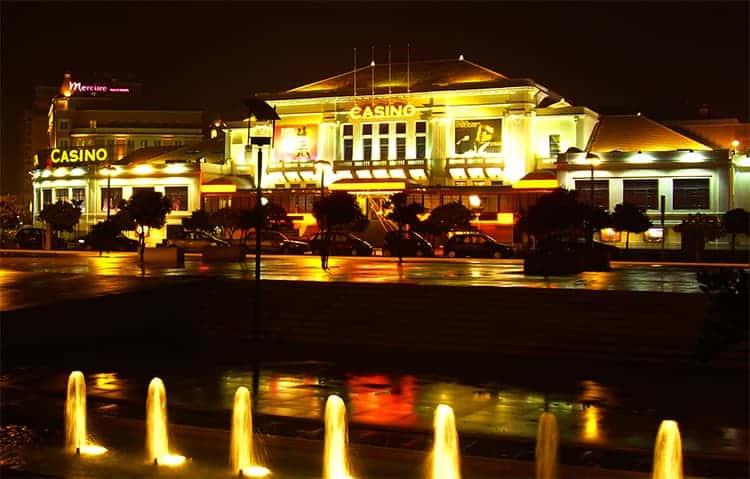
Now you know what’s legal in Portugal
That sums up the most relevant laws for visitors or new residents in Portugal. If you are visiting and intend to do any of the above activities, be sure to familiarise yourself with these rules and keep up-to-date with the latest information. Did we miss any activities in Portugal that may or may not be legal? Do you have any experiences to share? Feel free to leave a comment below.We publish new content every day so be sure to subscribe to our newsletter to get notified of the latest tips for your visit or move to Portugal.

